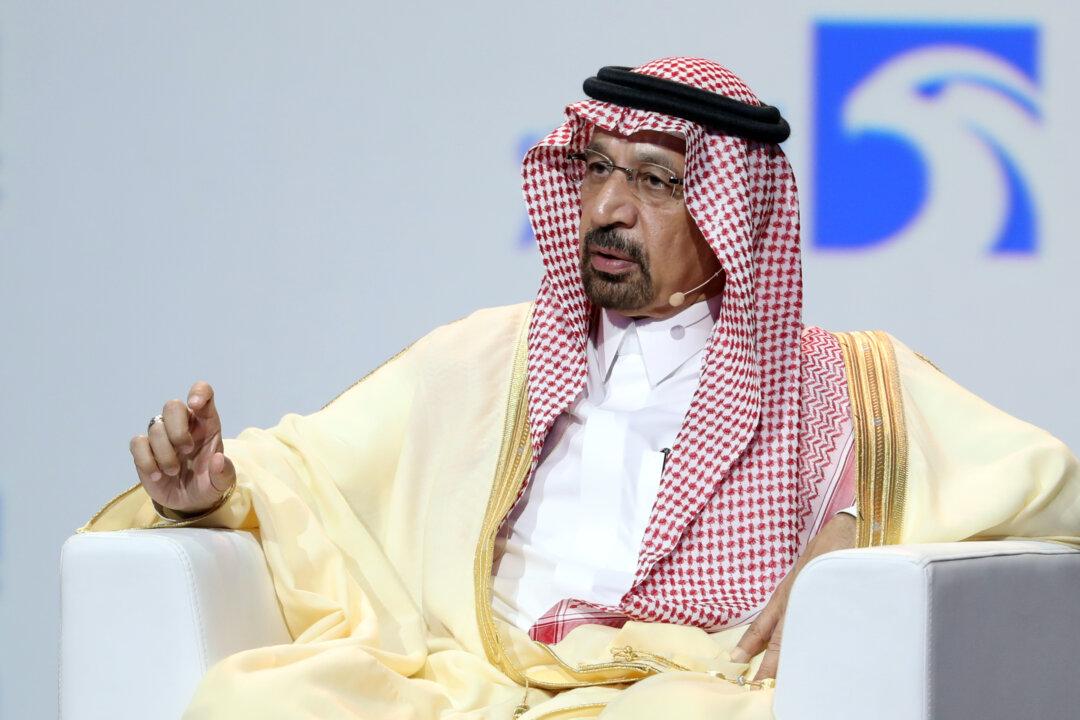News Analysis
Rocked by political scandal, Saudi Arabia is in a difficult position to counter President Donald Trump’s demands that the kingdom keep oil prices low, which is indirectly bankrolling both the U.S. economy and Trump’s campaign of pressure against Iran.





